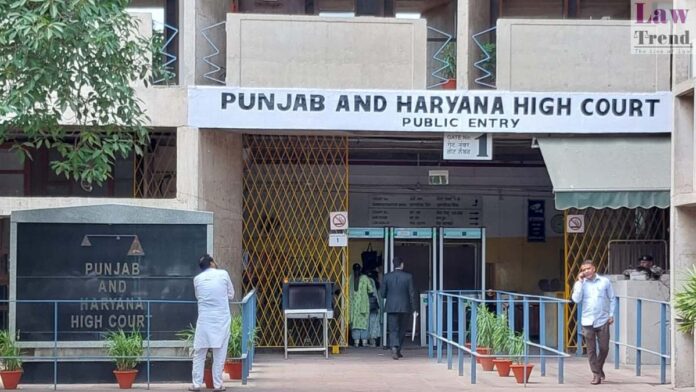The Punjab and Haryana High Court has held that a parent cannot be implicated for kidnapping their own child, ruling that both mother and father are equal natural guardians under the law. The observation came while dismissing a habeas corpus plea filed by the uncle of a 12-year-old boy, who alleged that the child’s Australia-based mother had taken him away from his habitual residence in Gurugram without authorization.
Justice Harpreet Singh Brar, in a judgment dated April 29, clarified that in the absence of any judicial order curtailing a parent’s guardianship, removing the child from another guardian’s custody does not constitute kidnapping. “A parent cannot be implicated for kidnapping their own child as both the parents are equal natural guardians,” the court stated.
The petitioner, the boy’s paternal uncle, sought the child’s release from what he termed the “illegal custody” of the mother. He submitted that while the child’s father was attending a business conference in Belgium on April 24, the mother entered the father’s office, took the boy’s passport, and removed him from the home early in the morning. He claimed the mother misled the police by stating she was taking the boy to meet her own mother in Delhi — a claim the petitioner argued was false, as she resides in Australia.
The petitioner also alleged that the mother intended to take the child back to Australia. He pointed out that a guardianship petition regarding the child’s custody was already pending before a Gurugram family court, arguing that the mother should not have unilaterally taken the child without informing the father.
However, the counsel for the mother submitted that she was responding to a distress call from her son, who was left with house help while the father was abroad. She had returned from Australia at her son’s request and provided evidence of their communication, including call logs and text messages showing the child had asked her to book flight tickets.
Justice Brar noted that despite the ongoing custody litigation, no court had barred the mother from taking care of the child. “Even though the matrimonial relationship between the parents has soured, the relationship between a parent and child subsists and it is only natural for a mother to give in to her maternal instincts and respond to the calls of her distressed child,” the court observed.
Highlighting the importance of a child’s comfort and emotional wellbeing, the court held that the mother could not be faulted for acting out of maternal concern. “It would also be rather unfair to expect her to leave her minor child in a place where he is uncomfortable, more so in absence of a judicial order prohibiting her from intervening,” the order stated.
Given that the guardianship matter is sub judice, the court said the father also cannot claim exclusive custody. Importantly, the court underscored that the child, being 12 years old, was capable of forming a rational opinion about his living situation, and his welfare should remain the paramount consideration.
Finding no grounds for judicial interference, the High Court dismissed the petition.




